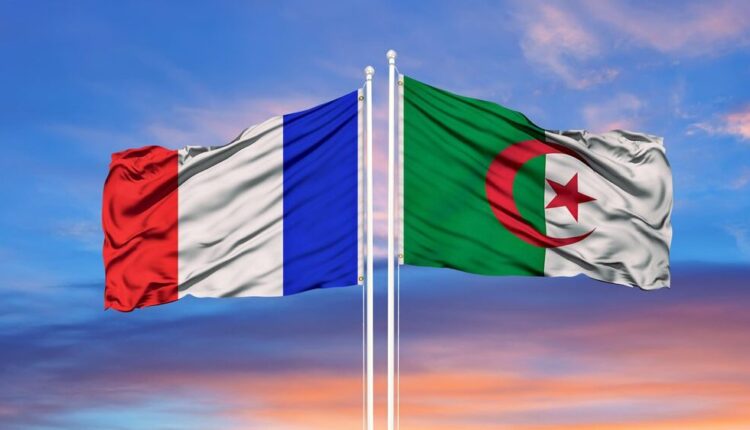In a historic move marking a clear break from its colonial past, Algeria has begun phasing out French as the primary language of instruction in schools and universities, replacing it with English. This sweeping educational reform, which began rolling out in 2022 and has now accelerated, is part of a broader effort by the Algerian government to reshape its national identity, reduce French influence, and align more closely with global academic and economic standards.
As of September 2025, English has officially replaced French in university instruction, particularly in scientific and medical programs. This change is also being implemented at the primary level, where third and fourth-grade students now receive two weekly 45-minute English classes a notable expansion following a successful pilot program. The government views English as the global language of science, business, and technology, and sees this transition as essential to Algeria’s long-term development and international integration.
The move also comes amid growing political tensions between Algeria and France. Although French remains widely spoken in Algeria with approximately 15 million speakers recent diplomatic strains and long-standing grievances over France’s colonial legacy have accelerated the drive to minimize its cultural dominance. The Ministry of Education has further cracked down on the use of French in private schools, warning over 500 institutions that they must adopt the national Arabic curriculum or face legal action. Education Minister Abdelkrim Belabed has stated that the reforms are not an attack on the French language, but rather a strategic embrace of multilingualism and modern relevance.
This transition is not without challenges. Algeria will need to train thousands of teachers, revise curricula, and produce new educational materials in English. Yet, many believe the long-term benefits including greater access to global research, enhanced job opportunities for graduates, and stronger diplomatic and economic ties with Anglophone countries outweigh the short-term obstacles. Ultimately, Algeria’s language reform represents more than just a shift in vocabulary; it is a bold assertion of sovereignty, a redefinition of identity, and a strategic step toward global competitiveness.








